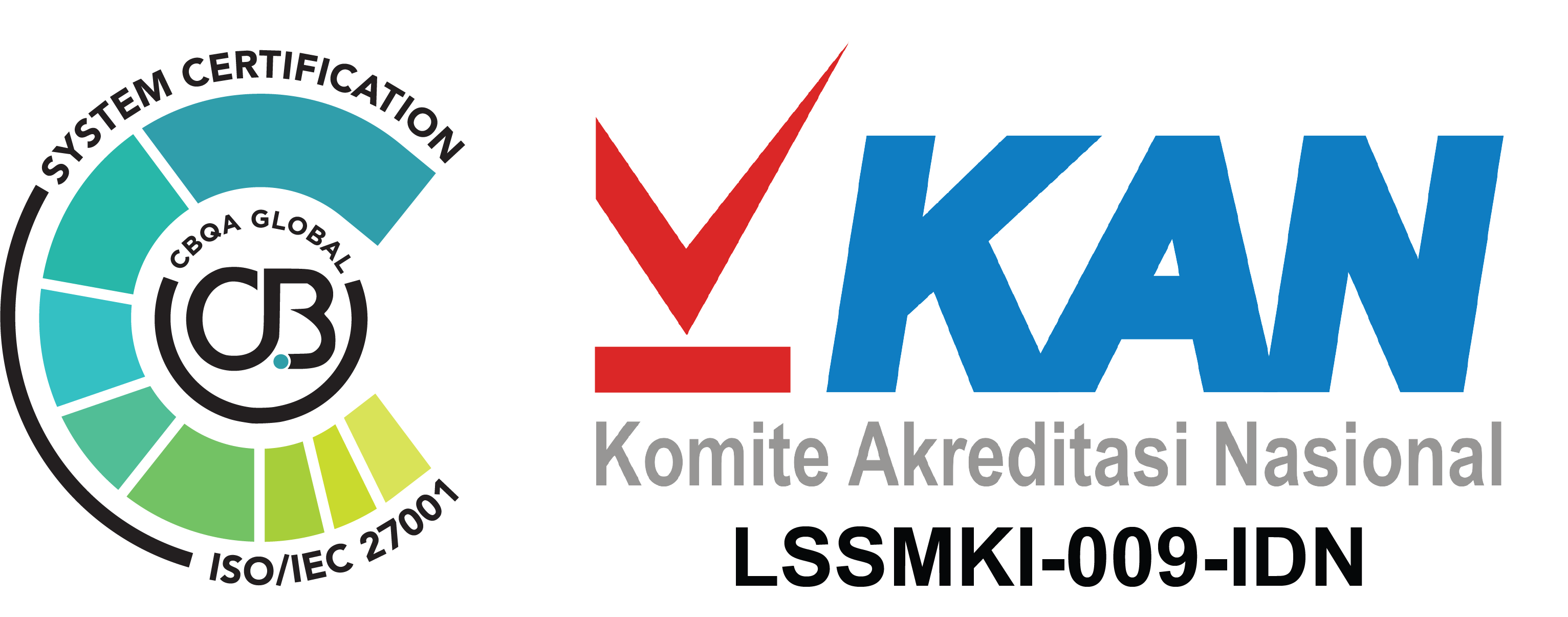Here are Monday’s economic news highlights: China’s GDP (Q2) as well as data on China’s investment, retail sales, industrial production, unemployment (June). Secondly, Indonesia’s Trade Balance for June. The week of macro data and financial markets in Asia kicked off with important data on Monday, namely a series of top-tier economic indicators from China culminating in second-quarter GDP growth data. Economists expect China’s growth to slow significantly, with the consensus being only 0.5% during the second quarter; which is much lower than the 2.2% quarterly growth in the January-March period. Annualized growth is expected to reach an impressive 7.3%, which is due to the low-base effect in the same period last year. In essence, market participants now feel that all the optimism at the beginning of the year has evaporated. In fact, activity is slowing down, the economy is sliding towards deflation; making investors avoid financial instruments of Chinese stocks, bonds, and currency. China’s economic shock index last week hit a one-year low. This week China’s central bank will also set key one and five-year lending rates. The Q2 GDP sub-consensus on Monday will likely tend to drive expectations of further monetary policy easing. As for outside China, inflation data from Japan and New Zealand on Friday and Wednesday respectively, and unemployment figures from Australia on Thursday will be the most important points in the regional calendar for investors this week. The data comes amid a fresh wave of bullish sentiment in local and global markets, largely stemming from surprisingly benign US inflation data. US Treasury yields, the US Dollar, and US bonds have slumped; whereas stocks and risk-on appetite have increased. According to the Goldman Sachs financial conditions index, global financial conditions are the loosest since April last year, and emerging market financial conditions are now also the most loose since February last year. No wonder the MSCI World stock index surged 3.4% last week, its best week since March; and the MSCI Asia ex-Japan index rallied 5.6%, its best week since November and finally showing signs of catching up after underperforming all year. The early stages of earnings season will also help maintain positive sentiment. Bank of America, Morgan Stanley, Goldman Sachs, Tesla, and Netflix are some of the big names scheduled to report 2Q23 results this week.
Considering JCI has gained solidly to 6869.57 last week, NHKSI RESEARCH is quite optimistic that this bullishness can still be maintained until it reaches the critical Resistance of 6960-6970, which has been blocking JCI’s rise since the end of last year; therefore we suggest to Average Up gradually and use the pullback moment as an opportunity to Buy on Weakness.
Download full report HERE.

